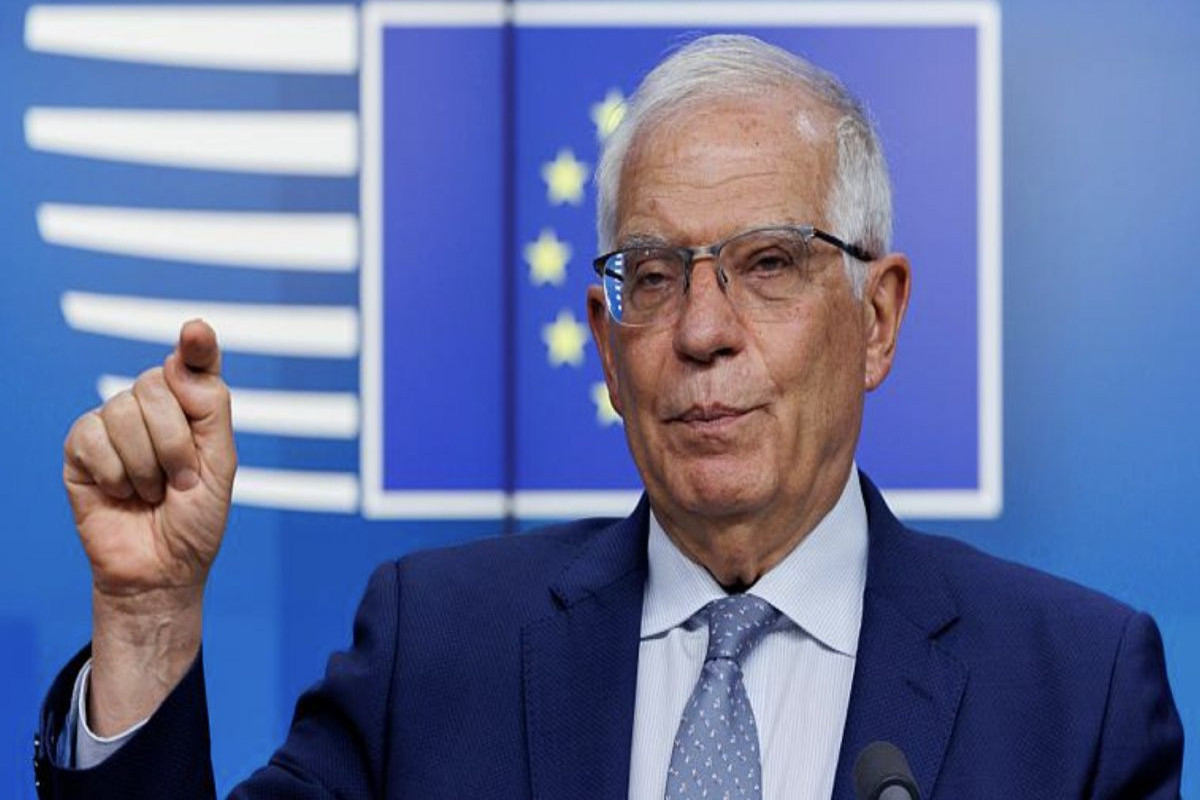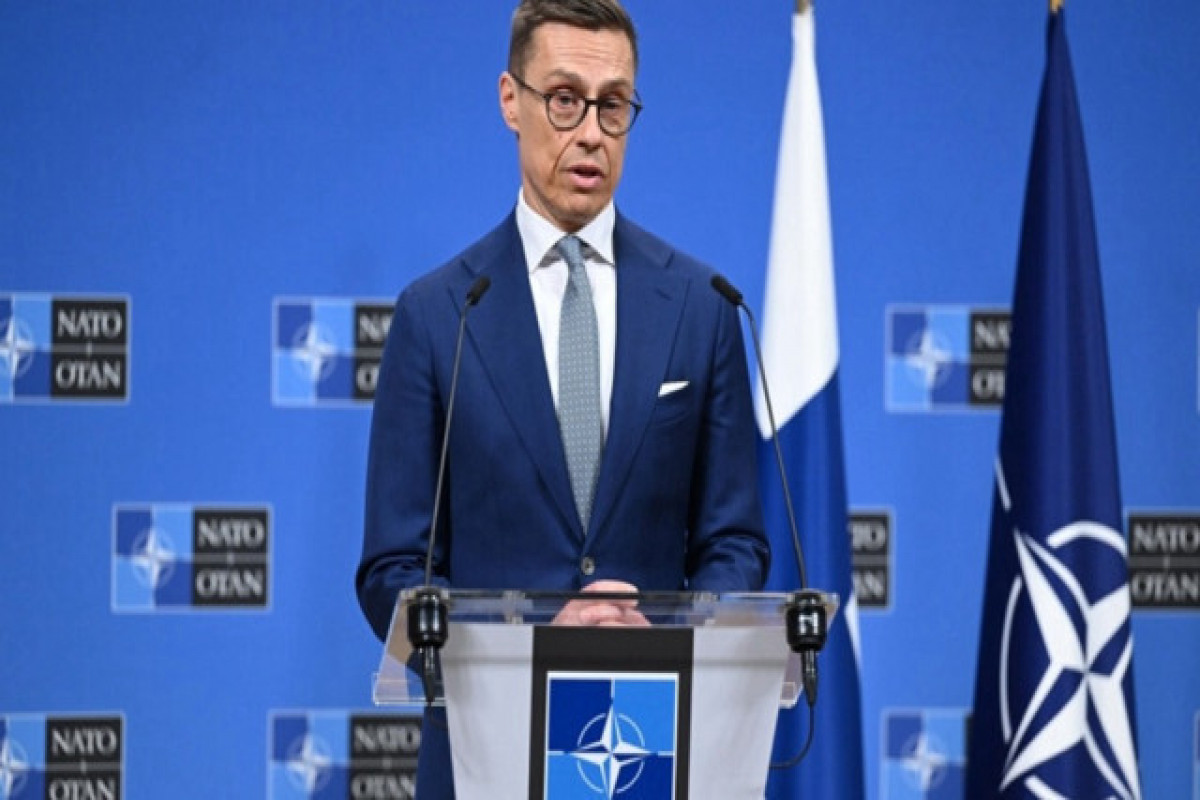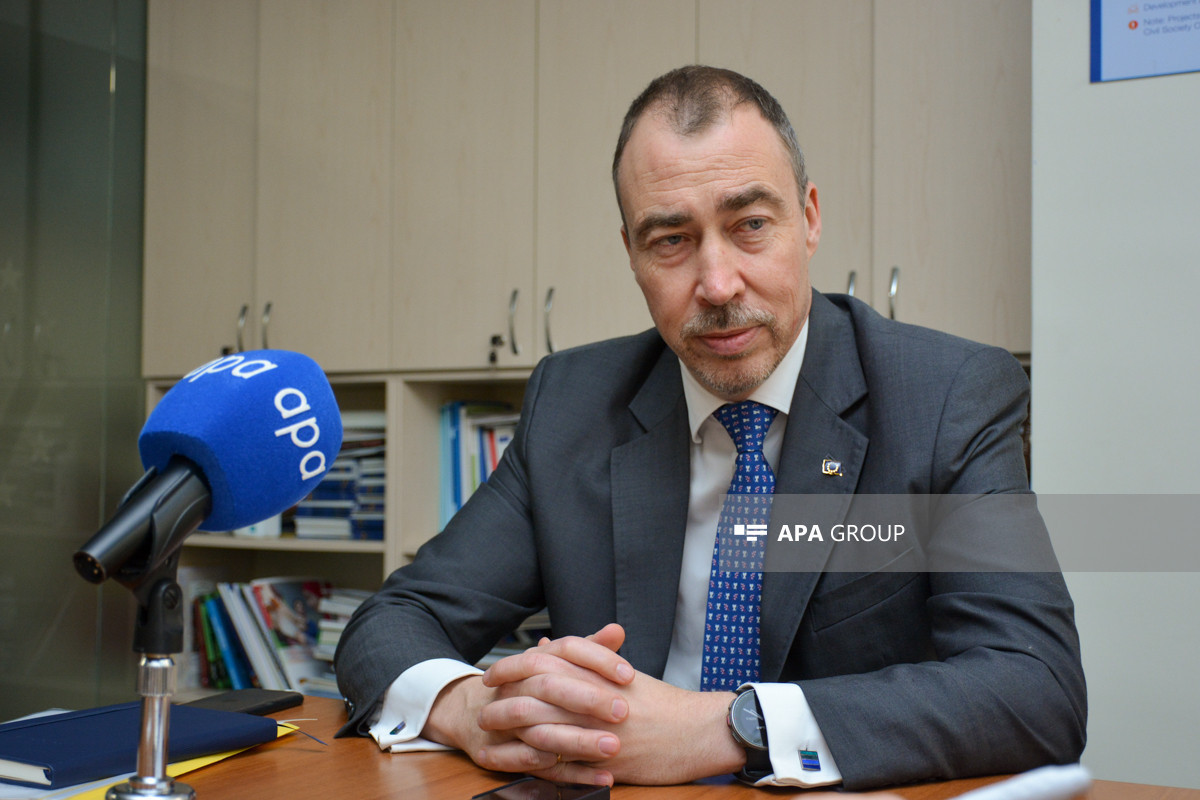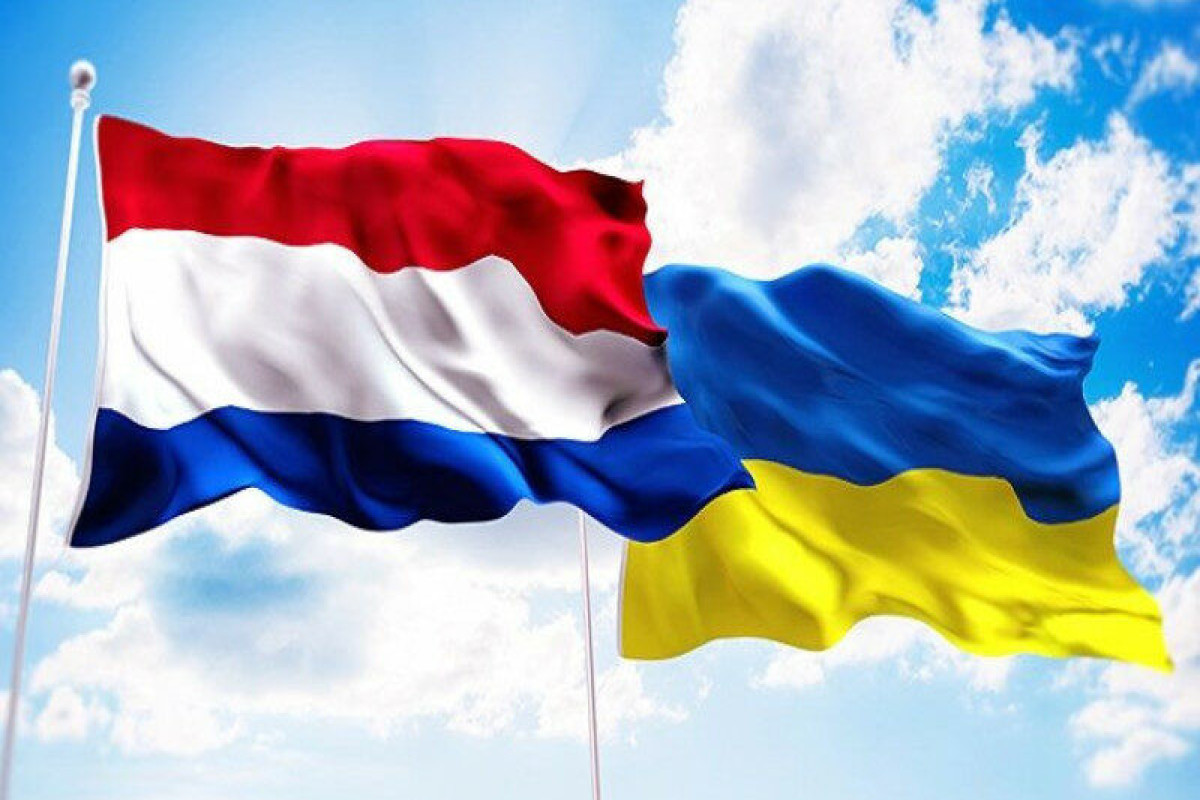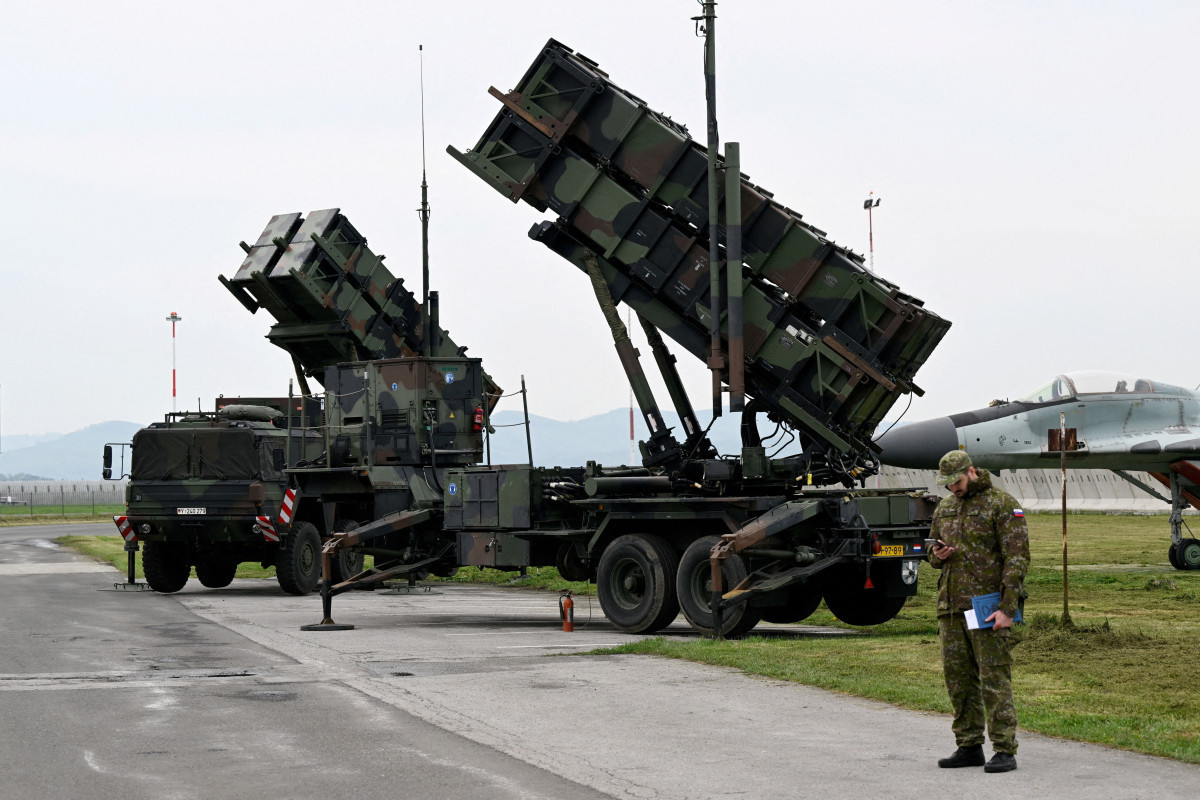“Russia is blockading Ukrainian exports," said Josep Borrell, High Representative of the European Union for Foreign Affairs and Security Policy after a meeting of EU Foreign Affairs ministers, APA reports citing ABC News.
“Not us. Russia is destroying ports, and destroying food stocks, destroying transport infrastructure," Borrel said.
The Russia-Ukraine war has been preventing some 20 million tons of Ukrainian grain from getting to the Middle East, North Africa and parts of Asia.
Borrell said it is “a deliberate attempt (by Russia) to create hunger in the world," adding that the Kremlin's attempt to blame Western sanctions for the crisis was just “propaganda."
Sall also complained that the collateral effects of the EU decision to expel many Russian banks from the SWIFT financial messaging system will hurt African countries' ability to make payments for food imports.
Borrell said he understands the concerns of African leaders about the consequences of EU sanctions.
“If there is a problem, we will solve it," he said. “But I have to know the problem. Not the whole financial system of Russia is de-Swifted."
Meanwhile, Borrell said the bloc is ready to look into whether sanctions imposed on Belarus before the war targeting exports of potash — a common fertilizer ingredient — can affect its distribution across the world.
In addition, Borrell said the European Commission, the EU's executive arm, will send letters to all financial and economic actors to explain what they can do under the sanctions regime.
“Because our sanctions don't forbid them to participate on the trade on food, fertilizers with Russia and third countries," he said.


